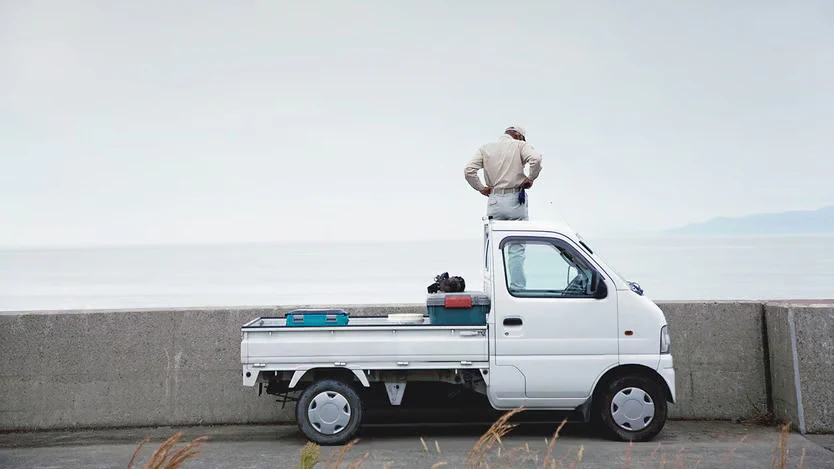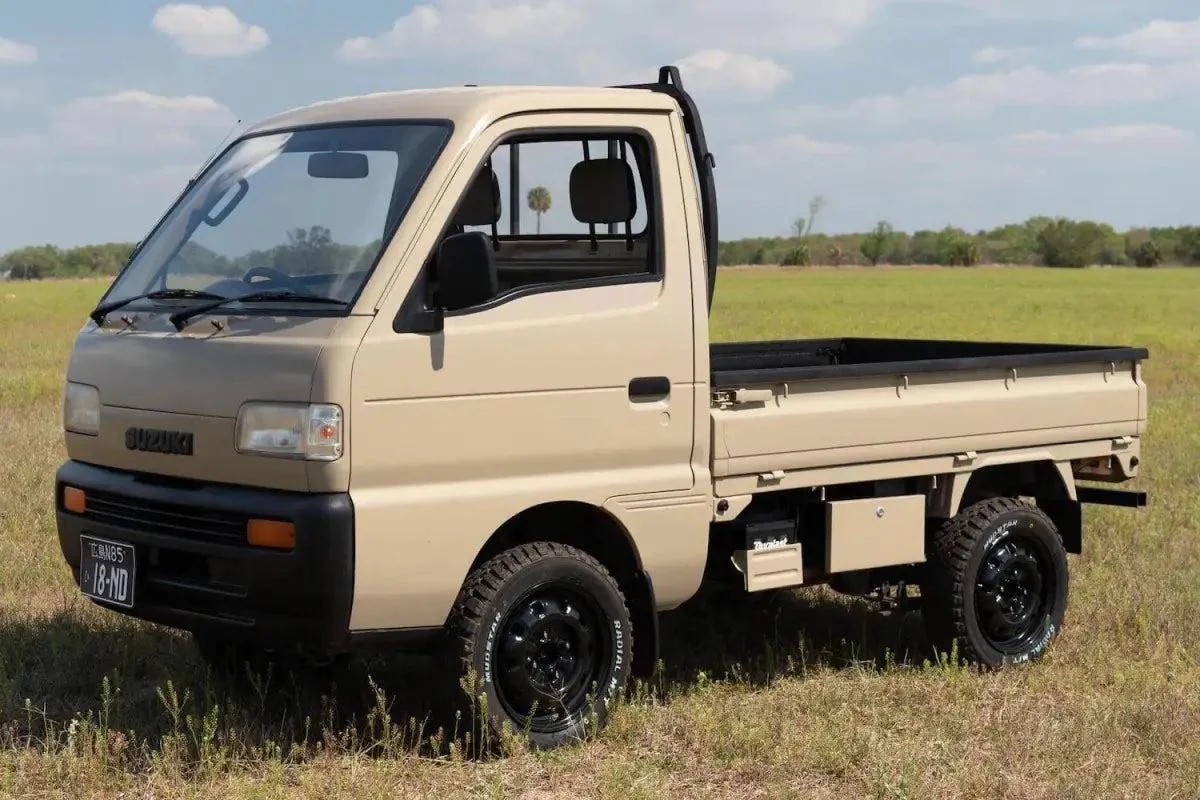Kei trucks, small utility vehicles from Japan, are gaining popularity in the U.S. due to their compact design and vintage appeal. These trucks, exempt from standard safety and emissions regulations as long as they are over 25 years old, still face legal challenges in some states, including Michigan, where owners are prevented from titling or registering them for on-road use. This issue has raised questions, particularly since the nonprofit American Association of Motor Vehicle Administrators (AAMVA) has advocated against titling kei trucks for road use, although it has no legal authority to enforce these restrictions.
The situation in Michigan stems from changes made to the state’s vehicle code in 2019. This new language added a definition for “assembled vehicles” eligible for on-road registration, but it specifically excluded “gray market off-road minitrucks.” Kevin Burton, a Michigan attorney representing kei truck owners, argues that the state is misinterpreting the law, as these imported kei trucks should qualify as antiques under existing Michigan statutes due to their age. According to Burton, the term “off-road” misrepresents these vehicles, as they were originally designed for public road use in Japan.

The distinction between Japanese kei trucks and the limited-speed U.S. off-road models further complicates the debate. While some kei trucks sold in the U.S. are restricted to off-road use and capped at 25 mph, the imported classics can typically reach highway speeds, making them viable for on-road use. Burton argues that treating these vehicles as off-road models undermines their original design and utility, as well as the intent of the 25-year exemption rule for vehicle imports. Furthermore, Michigan has started revoking titles and registrations of these trucks without compensating owners, a move Burton suggests could infringe on due-process rights.
Brett Roberts, a former Michigan state representative who sponsored the 2015 bill that introduced the restrictive language, also believes the state’s approach may be illegal. Roberts explains that the bill was intended to simplify registration by clearly defining “assembled vehicles” eligible for on-road use after previous issues with off-road vehicle registration. However, he believes Michigan’s Department of State is overreaching by pulling registrations and titles for these trucks, diverging from the original legislative intent. Roberts suggests that legislative reform, possibly in the form of a new bill, may be necessary to clarify and resolve the issue for kei truck owners.
Legal action could also play a role in shaping future policy. Burton’s lawsuit on behalf of kei truck owners may push Michigan to reconsider its interpretation of the law, while Roberts argues that a legislative fix could provide a clearer, long-term solution. With rising interest in kei trucks and their unique appeal, the question of their legality for on-road use in Michigan may soon be addressed through either the courts or the state legislature, highlighting broader questions about how vehicle classifications and regulations adapt to changing automotive trends.

